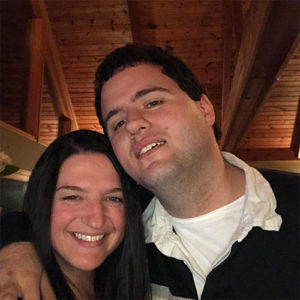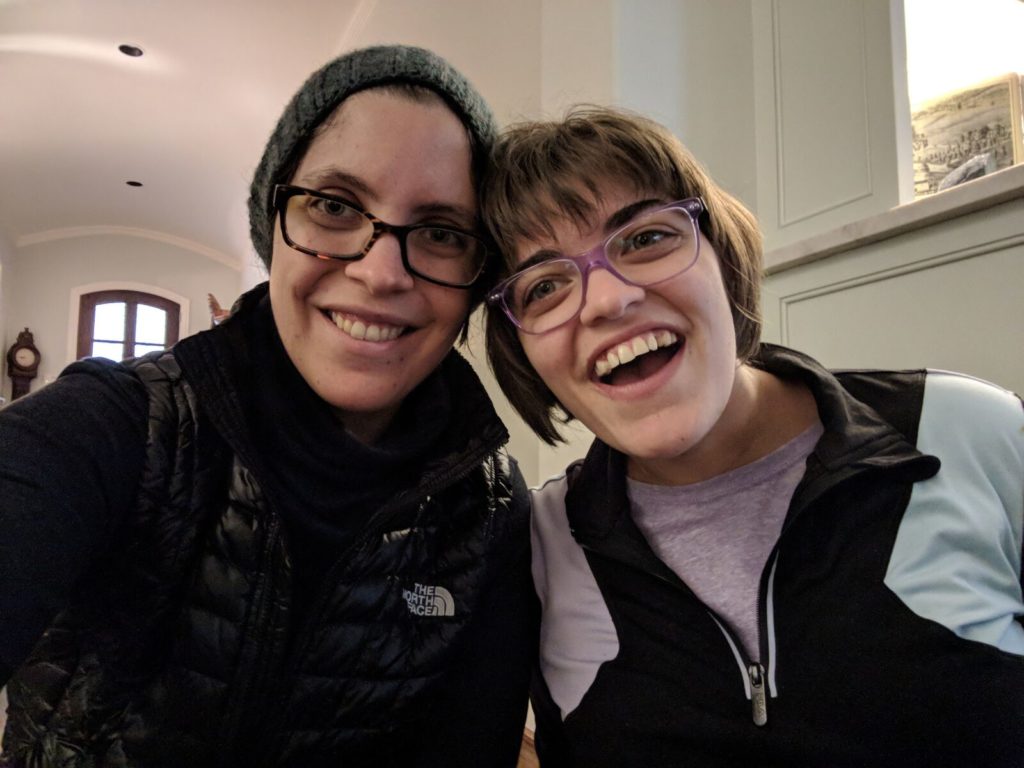The Arc Responds to Executive Order on Family Separations
Washington, DC – The Arc released the following statement in response to President Trump’s signing of an Executive Order on family separations.
The Executive Order directs the Department of Homeland Security to detain families together during the pendency of criminal proceedings for illegal entry or other immigration proceedings relating to any of the family members. It also instructed the Attorney General to file a request with the U.S. District Court for the Central Court of California to modify the Settlement Agreement in Flores v. Sessions to permit indefinite detention of children with their families, a practice that currently is not allowed.
“President Trump signed this Executive Order in response to massive outcries from across the globe about the heart-wrenching separation of children from their families at the US-Mexico Border. This Executive Order provides some relief for children, infants, and toddlers at the border as their parents and they undergo various proceedings regarding asylum, immigration, and deportation. However, it also creates new problems requiring the incarceration of children with their parents and families for an undetermined period of time while their cases are being decided.
“We are still in the midst of a civil and human rights crisis. Children who have already been separated from their parents should be reunited as soon as possible. This is an urgent situation for all children involved and in many cases irrevocable damage has already been done. For children with intellectual and developmental disabilities, who rely on their loved ones for care, security, and support, particularly for their unique needs, it is of paramount importance they are reunited with their families.
“Incarceration for parents and families still carries risks of life-long trauma to the children in custody. Effective alternatives to detention – such as the Family Case Management Program – should be used so that families can provide a semblance of normalcy to children while their cases are being handled in the courts and agencies. We implore Congress and the Administration to find an alternative to the incarceration of innocent children. This nightmare for families is far from over and we remain deeply concerned about the impact this will have on children with and without disabilities,” said Peter Berns, CEO of The Arc.
The Family Case Management Program is a possible alternative to incarceration for families. Unfortunately, The Family Case Management Program, a less restrictive program to assist families seeking asylum with very young children and others – was ended by the Administration in June 2017.
The Arc advocates for and serves people with intellectual and developmental disabilities (I/DD), including Down syndrome, autism, Fetal Alcohol Spectrum Disorders, cerebral palsy and other diagnoses. The Arc has a network of nearly 650 chapters across the country promoting and protecting the human rights of people with I/DD and actively supporting their full inclusion and participation in the community throughout their lifetimes and without regard to diagnosis.


 My home state of Illinois still has seven state-run institutions for people with intellectual and developmental disabilities (I/DD) open. In 2018, 37 states still have institutions where people with I/DD live institutional lives away from their families and communities. Some may recall the horrible investigative reports that showed the terrible conditions in institutions, but fail to realize that they still exist — and that state and federal government dollars are still funding them. The Arc of the United States was founded by families like mine trying to eliminate the need for those institutions, and to get their family members with disabilities back home and included in their communities. While we have come a long way, there is still much to do from state capitals to DC.
My home state of Illinois still has seven state-run institutions for people with intellectual and developmental disabilities (I/DD) open. In 2018, 37 states still have institutions where people with I/DD live institutional lives away from their families and communities. Some may recall the horrible investigative reports that showed the terrible conditions in institutions, but fail to realize that they still exist — and that state and federal government dollars are still funding them. The Arc of the United States was founded by families like mine trying to eliminate the need for those institutions, and to get their family members with disabilities back home and included in their communities. While we have come a long way, there is still much to do from state capitals to DC.







